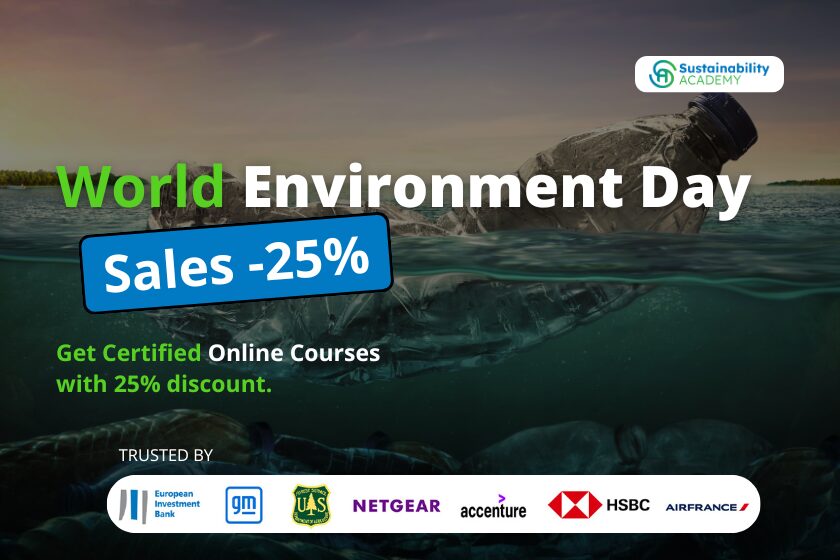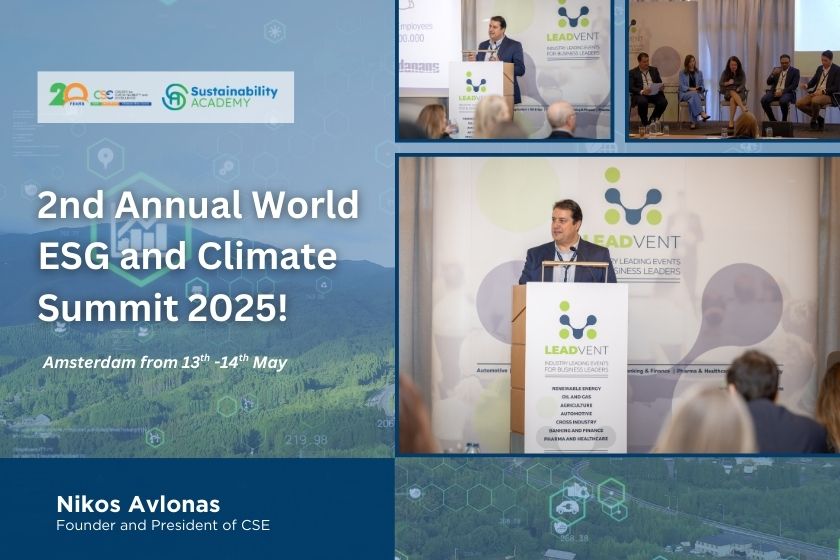Renewable Energy Fundamentals are no longer a niche topic—they’re central to the global climate and economic agenda. As the climate crisis intensifies, 2025 marks a pivotal moment where clean energy is not just a solution but a necessity. Across the world, countries and companies are embracing solar, wind, hydrogen, and energy storage to power a net-zero future.
The Global Surge in Renewable Energy
Clean energy is on a fast track globally. The Inter-American Development Bank has introduced a blended finance facility to mobilize private investment for climate and renewable energy projects in Latin America and the Caribbean. Their goal is to unlock $1.3 trillion in climate finance by 2035.
In Asia, India’s Ministry of New and Renewable Energy (MNRE) highlights that India has achieved 51.5 GW of wind power capacity, ranking third globally in renewable energy production. This is driven by the government’s “Atma Nirbhar Bharat” (Self-Reliant India) strategy that prioritizes domestic clean energy growth.
Meanwhile, Egypt’s agreement with Scatec to build a 1 GW solar plant and a 900 MW wind farm marks a strategic step in their ambition to reach 42% renewables in electricity generation by 2030—outlined in Egypt’s Integrated Sustainable Energy Strategy (ISES) 2035.
These examples demonstrate how renewable energy is transforming national development agendas, not just in the Global North, but increasingly across emerging economies.
Europe’s Clean Energy Ambitions
The Clean Industrial Deal and Key Investments
The European Commission continues to lead in clean energy initiatives, reinforcing the importance of understanding Renewable Energy Fundamentals for policy and market alignment. Under the EU Green Deal, a €100 billion “Clean Industrial Deal” has been proposed to support domestic manufacturing of renewables, reform energy markets, and deploy large-scale clean infrastructure.
This includes:
- A €1.5 billion package with the European Investment Bank to upgrade electricity grids.
- A €500 million pilot for renewable power purchase agreements (PPAs).
- Fast-tracked permitting processes through the revised Renewable Energy Directive.
State Aid Debates and 2030 Targets
However, internal disagreements persist within the European Commission regarding the extent to which state aid rules should be relaxed to support clean tech industries. While some officials support operating subsidies to strengthen EU-made technologies, others have expressed caution, warning that such measures could distort competition or conflict with international trade obligations.
Still, the EU is advancing decisively. According to ESG Today, the bloc is nearly on track to meet its 2030 climate targets, thanks to record installations of solar and wind capacity in 2024.
Clean Energy: The New Economic Engine
According to the International Energy Agency (IEA), the world is entering an “Age of Electricity,” marked by a rapid increase in electricity demand and a growing share of renewables in power generation. The IEA projects that by 2025, renewables—primarily solar and wind—will account for 35% of global electricity generation, up from 29% in 2022. This shift is being driven by falling costs, policy incentives, and scaled-up deployment, positioning clean electricity as the backbone of future energy systems.
In fact, solar has now become the cheapest source of electricity in history, as documented in the IEA Solar PV Tracking Report. These shifts have prompted institutional investors to embrace renewable infrastructure as a hedge against inflation and supply shocks (World Economic Forum).
The renewables market is also becoming a source of resilience in uncertain times. Countries investing early are enjoying the benefits of lower energy costs, improved air quality, and reduced dependence on imported fuels.
The Skills Crisis in a Green Economy
There’s a catch though. As outlined in the Global Green Skills Report 2024, most workers are not yet trained in the Renewable Energy Fundamentals needed to support solar, wind, and hydrogen deployment. Millions of jobs in energy efficiency, electric mobility, battery tech, and carbon accounting remain vacant due to a shortage of trained professionals.
The International Labor Organization (ILO) emphasizes that while demand for green jobs is rising, we must ensure just transitions that support reskilling, particularly in developing regions.
This skills gap is not a future problem—it’s happening now. The faster we close it, the faster we scale.
The Power of Sustainability Education: Why Learning Renewable Energy Fundamentals Matters
To meet global goals, education must evolve alongside energy. Programs that teach Renewable Energy Fundamentals—like solar PV, battery storage, and policy frameworks—are essential.. According to the United Nations Framework Convention on Climate Change (UNFCCC), education is a fundamental pillar of effective climate action.
Online and flexible training formats help professionals transition from traditional roles into green careers. Whether you’re a project manager, analyst, engineer, or policymaker, targeted learning can accelerate your impact and career growth.
The need for accessible, practical, and globally relevant training is more urgent than ever.
Final Thoughts
Renewable energy is not a trend—it’s the foundation of the next economic and environmental era, making Renewable Energy Fundamentals essential for leaders and innovators across sectors.. The pieces are falling into place: political will, investor interest, technology, and public support. But to make this transformation real, we need people—trained, informed, and empowered.
By building green skills and understanding the full energy value chain—from technology to policy—we create a resilient foundation for net-zero futures. It’s not just about kilowatts and emissions. It’s about leadership, inclusion, and long-term prosperity.
Take the Next Step with Sustainability Academy
To equip yourself with the knowledge and skills needed in this dynamic field, consider enrolling in the Online Certificate in Renewable Energy Fundamentals: The Path to Net Zero offered by the Sustainability Academy.
This Renewable Energy Fundamentals course is:
- Self-paced and fully online
- Designed by the Centre for Sustainability and Excellence (CSE)
- Focused on solar, wind, hydro, hydrogen, and energy storage
- Includes case studies from Denmark, Morocco, India, and more
- Offers a Credly digital badge and certificate upon completion
Whether you’re just starting out or seeking to enhance your role in the energy sector, this program provides essential tools to lead in the renewable energy transition.
🎓 Use promo code WED25 before June 30 to get 25% off.










